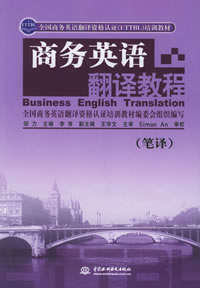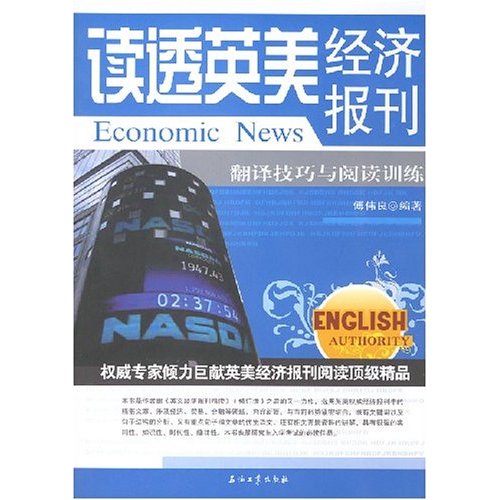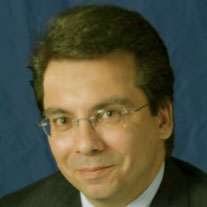职业翻译与有效的知识转化 (I)
作者:古龙 2009-07-04




语际翻译公司 转载请注明https://www.scientrans.com
∗本栏目部分文章内容来自互联网,部分已经过本站编辑和整理,如有版权事宜请联系Email/MSN jesczhao@hotmail.com
A Competent Translator And Effective Knowledge Transfer
In this world of science and technology there is knowledge explosion every day. This knowledge which is generally written in the English language needs to be transmitted in various languages so that people who do not know how to speak and write the original langauge can get the knowledge necessary for industrial development and technological innovation to keep up with the rest of the world. To transmit this knowledge effectively, there is a need for competent translators in various languages.
Participants
The participants of this study were fifty-five experienced Malaysian part-time translators of scientific texts from English to Malay.
Methodology
Five of the participants who were from the University of Malaya participated in the think-aloud protocols followed by interviews. Another fifty participants came from universities, translation institutions, and colleges who completed the questionnaire.
Discussion of Findings
a. The Characteristics of an Effective Translator (one who practices translation)
From the questionnaire and interviews, the researcher reached to conclusion that for a translation to be accurate, clear, natural and effective, a translator must have the following characteristics:
1. For a translator to translate scientific texts from English to Malay or between any other pair of languages, he or she must first of all be a subject specialist so that the content of the original text is communicated accurately, clearly and naturally. If the translator is a chemistry expert, then he or she should translate mainly chemistry texts rather than texts in other sciences, because this will ensure both quality and the speed of the translation.
2. A translator must be very proficient in both the source and target languages. Mastery of the source language ensures that the meaning conveyed by the source text author is very clearly and accurately understood by the translator. Every aspect of it must be clearly interpreted by the translator. Mastery of the target language is even more important. A translated text is deemed weak if it is delivered in the target language poorly because the translator is not familiar with the grammar and nuances of the language. Thus, it is best if the target language is the translator's dominant or native language, because only such highly proficient language users will have the intuitiveness for the language and will thus be able to deliver a better translation.
3. A translator must be familiar with the basic principles of translation theory and practice. A translator's job is not only to find equivalent terms in the target language with the help of terminology lists and dictionaries, but he or she must be able to deliver the translation according to the rules, style, and grammar of the target language so that the translation does not sound awkward and unnatural. The translated version must be delivered in a manner that sounds natural and smooth-flowing and is meaningful to the target reader. According to Ainon Muhammad (1979:12), an author on translation, a good translator must be a subject specialist, be good in the source language, even better at the target language, and must have received training in translation theory and practice. The researcher would like to add that if a translator wishes to translate scientific texts, then he or she must also receive science training. About 84% of the translators in this study were Malays, and they confirmed the fact that it is an advantage for them to be able to translate into their own mother tongue, because they know how the language ought to be written and how it should sound.
4. A good translator must have empathy for his or her target readers. He or she must ensure that the translated product is appropriate to the intelligence and proficiency levels of the target reader. A text translated for primary school students must cater to their intelligence and language proficiency level, and a text translated for university students must be suited to their level of comprehension. Once the translated text fulfils these criteria, the target readers will find it easy to follow the concepts, processes and other ideas expressed in the translated text and these reader-friendly translated texts help achieve the commercial or other purpose of th
- 评论
- seme:文章内容文章内容文章内容文章内容文章内容文章内容文章内容文章内容文章内容 章内容文章内容文章内容文章内容文章内容
- seme:文章内容文章内容文章内容文章内容文章内容文章内容文章内容文章内容文章内容 章内容文章内容文章内容文章内容文章内容

- 谈翻译观念的嬗变与翻译技能的训练
2009-6-15 15:33:10 - 《高等学校英语专业英语教学大纲》中规定,大学生通过四年的在校学习,“能运用翻译的理论和技巧,将英美报刊上的文章以及文学原著译成汉语,或将我国报刊、杂志上的文章和一般文学作品译成英语……。译文要求忠实...
- 翻译与网络营销
2009-6-11 0:02:31 - Translation and Your International E-Commerce Strategy Most businesses realize that they ...
- 第四届IEEE生物信息与生…
2009-6-30 19:42:01 - 基本信息 主办单位: 四川大学,IEEE生物医学工程协会(EMBS) 承办单位 开始日期 2010/06/18 结束日期 截稿日期 2009/1...
- 第九届全国光电技术学术…
2009-6-30 19:35:58 - 基本信息主办单位: 中国宇航学会光电技术专业委员会承办单位 开始日期 2009/11/01结束日期 截稿日期 2009...
















